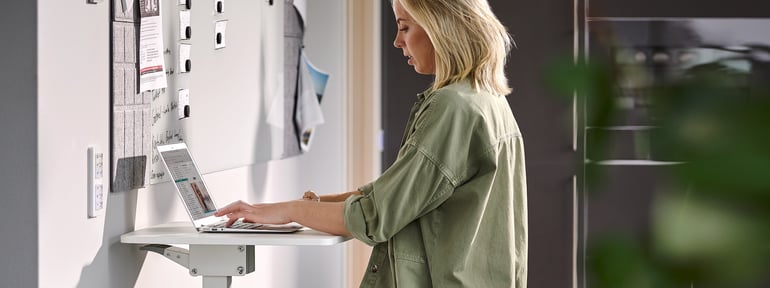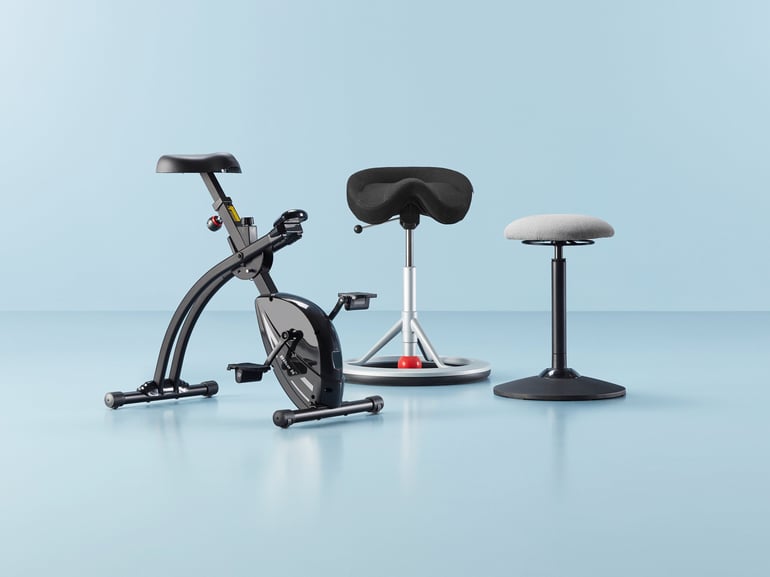Defibrillators at work

Approximately 60,000 out-of-hospital cardiac arrests (OHCA) occur in the UK each year and current UK survival rates remain extremely poor at 2-12%
"These days, the fact that there is a fire extinguisher and first aid kit at work is taken for granted, a defibrillator should be thought of in the same way" says Anna Sjödin of the Swedish Heart-Lung Foundation.
"If the victim of a sudden cardiac arrest receives lifesaving efforts from an automated external defibrillator (AED) within three minutes, it will increase the chances of survival by 75 percent. Therefore it is important that wherever you find people, you also find defibrillators, in the work place and in the community. For a company, it is a small investment."
Time is crucial
Sudden cardiac arrest means the heart stops, usually without notice. The victim becomes unconscious within 10-20 seconds and then stops breathing. If this happens, it is important to act quickly, the first few minutes are crucial.
Always better to do something
Heart starters analyse heart function and determine if it is appropriate to give an electric shock, an impact shock, or nothing at all. Impact shocks give the heart a reboot allowing it to regain its normal rhythm. Anna Sjödin emphasizes that anyone can use an AED, there is no need for medical training.
"Even if there are no medical experts present, it is always better to do something than to do nothing." Heart starters are equipped with a voice function that provides step by step instructions on what to do, and you need not be afraid of making a mistake as it is not possible to give a shock if the defibrillator does not recommend it.
It is vitally important to register your defibrillator so that an up-to-date record can be made of the location of all defibrillators in the UK. This way if someone is in need of one then they can be located quickly, put to use and perhaps save a life.

